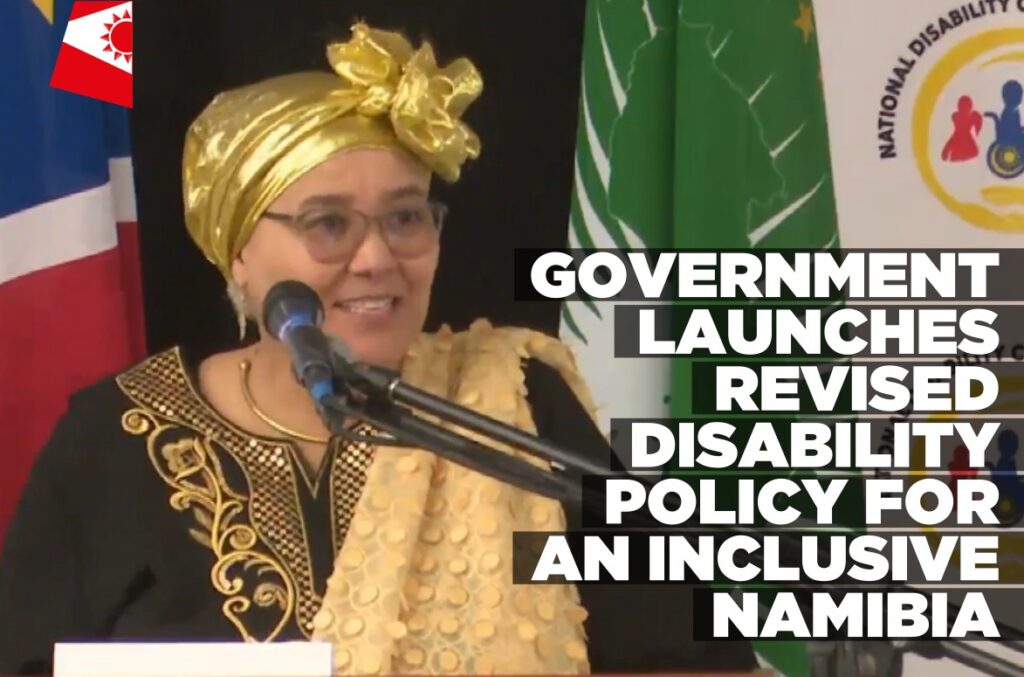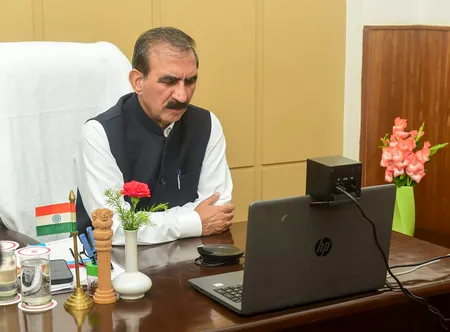Copyright The Boston Globe

To hear his side, he encouraged me to attend an event where a prominent conservative Catholic scholar was scheduled to speak: Carrie Gress. Gress has a long string of accolades to her name. She’s a fellow at the Ethics and Public Policy Center, a Washington-based conservative think tank, and a professor at Catholic University of America’s Institute for Human Ecology. Feminism, she began, is terrible for women. It erases femininity altogether. It tells us that in order to be happy, we need to become more like men. The home, once the locus of female life, is now the last place that women want to go. We no longer take pride in being mothers. Instead, we think of children as liabilities. Looking around, I saw rows of young female interns nodding in rapt attention. And to my own surprise, I found myself nodding along with them. I want children one day; I value family; I think of motherhood as a vocation. These aren’t radical conservative beliefs but ordinary human ones. On stage, Gress slowly bent her arm inward. Then she extended it toward the audience. Look at how it bends, she said. Then she pointed to the male moderator. See how his arm is straight, and my arm is bent? Feminism has taught us to hate these differences in physiology, but the truth is, our bodies were made to bear children. God made this arm — my arm — to cradle a child. Then she paused, as if she was letting the audience in on a secret. You can acknowledge the desires in your heart, she instructed, but they are not greater than your children. After the lecture, at the reception, I stood in a small circle of interns clutching sweating glasses of seltzer. One young woman said confidently that there was nothing she could do in the office that could make a bigger impact than raising children. Crowded around a cocktail table, almost everyone was in agreement: Staying at home to care for a family was our greatest aspiration. Gress is a woman with a Ph.D., who publishes and gives talks prolifically, who possesses an intelligence that demands public engagement — and there she was, standing before a room of young female interns ambitious and enterprising enough to come to our nation’s capital, insisting that our highest calling was to stay home. She went beyond saying motherhood is important; she insisted that women must be defined by it. The genius of Gress’s rhetoric is that it is not an appeal to regressive submission but to reason, to reverence — women are cherished, mothers are honored, families are sacred. Many people, progressives and conservatives, men and women alike, would agree broadly with these claims. And yet these statements can lead, step by insidious step, to a politics that removes women from public life altogether. Take Pastor Doug Wilson, a Christian nationalist whose views recently went viral: Wilson supports the “household vote,” a policy idea that political representation should be granted to families, not to individuals. He was polite, even professorial, in his explanation, speaking to family cohesion and the private civic virtues of motherhood. By the time he reached the part about women effectively losing the right to vote, Wilson didn’t sound like someone trying to roll back decades of women’s rights. He sounded like someone describing the natural, socially advantageous order of things. What makes this rhetoric so dangerous is that it isn’t loud. It isn’t blatant. It is characterized by a gentle, cloying persuasion from people who appear to want the best — or at least their conception of it — for women. They speak to a woman’s exhaustion, her longing for meaning, and her suspicion that unqualified freedom hasn’t made her happy. They start with truths most women already believe — that family is important, that motherhood is sacred — and end by telling them that anything different from that understanding is unnatural and destructive. It’s easy for this message to find a receptive audience right now, especially among young women. Modern life is bogged down by workism, the broken promise that a career can become your purpose and community; consumerism, which has encouraged people to shallowly identify themselves based on what they buy; individualism that leads us to avoid any kind of social friction, including the discomfort required to maintain relationships; and the slippage of traditional forms of guidance in American life, like the church. Exhausted from a long day at work, plagued with self-doubt about my future career, and feeling lost without the built-in community of school, it was that much easier to believe that I had a natural place in the world, and a clear way to reach it. And perhaps it might also be true that for young women who want children, making adjustments to their private lives — to opt into domestic routines, to prioritize finding a husband, to elevate the status of motherhood in their own minds — is much more achievable than the big-ticket reforms of child care and parental leave that make it more possible for a woman to have both a thriving career and a family. They are reforms that have defined the left’s political vision but have largely stalled in materializing. Being a mother is an important job. But how quickly this generous statement slides into gender fatalism: Women are meant to be in the home; a woman’s education should primarily lead her to a suitable husband; when a woman’s career conflicts with matters of family, there’s only one answer for what should come first. They don’t need to shout. All they have to do is sound like they’re making sense.



